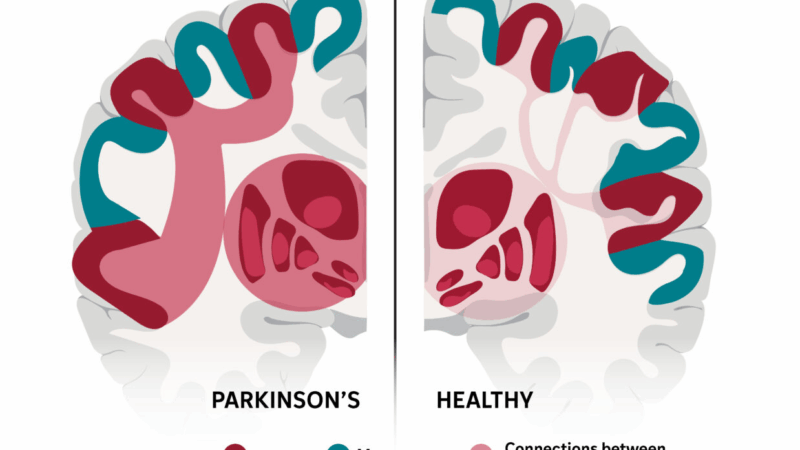Exit polls show Japan’s ruling coalition is likely to lose key election
TOKYO — Exit polls show Prime Minister Shigeru Ishiba ‘s ruling coalition is likely to lose a majority in the smaller of Japan’s two parliamentary houses in a key election Sunday, worsening the country’s political instability.
Voters were deciding half of the 248 seats in the upper house, the less powerful of the two chambers in Japan’s Diet.
Ishiba has set the bar low, wanting a simple majority of 125 seats, which means his LDP and Komeito Liberal Democratic Party and its Buddhist-backed junior coalition partner Komeito need to win 50 to add to the 75 seats they already have.
That is a big retreat from the 141 seats they had pre-election, but media surveys predict big setbacks for Ishiba.
Exit poll results released seconds after the ballots closed Sunday night mostly showed a major setback for Ishiba’s coalition. Japan’s NHK television projected a range of 32-51 seats for the prime minister’s coalition, while other networks projected it would win just over 40 seats.
A poor performance in the election would not immediately trigger a change of government because the upper house lacks the power to file a no-confidence motion against a leader, but it would certainly deepen uncertainty over his fate and Japan’s political stability. Ishiba would face calls from within the LDP party to step down or find another coalition partner.
Soaring prices, lagging incomes and burdensome social security payments are the top issues for frustrated, cash-strapped voters. Stricter measures targeting foreign residents and visitors have also emerged as a key issue, with a surging right-wing populist party leading the campaign.
Sunday’s vote comes after Ishiba’s coalition lost a majority in the October lower house election, stung by past corruption scandals, and his unpopular government has since been forced into making concessions to the opposition to get legislation through parliament. It has been unable to quickly deliver effective measures to mitigate rising prices, including Japan’s traditional staple of rice, and dwindling wages.
U.S. President Donald Trump has added to the pressure, complaining about a lack of progress in trade negotiations and the lack of sales of U.S. autos and American-grown rice to Japan despite a shortfall in domestic stocks of the grain. A 25% tariff due to take effect Aug. 1 has been another blow for Ishiba.

Ishiba has resisted any compromise before the election, but the prospect for a breakthrough after the election is just as unclear because the minority government would have difficulty forming a consensus with the opposition.
Frustrated voters are rapidly turning to emerging populist parties. The eight main opposition groups, however, are too fractured to forge a common platform as a united front and gain voter support as a viable alternative.
The emerging populist party Sanseito stands out with the toughest anti-foreigner stance, with its “Japanese First” platform that proposes a new agency to handle policies related to foreigners. The party’s populist platform also includes anti-vaccine, anti-globalism and favors traditional gender roles.
Conservative to centrist opposition groups, including the main opposition Constitutional Democratic Party of Japan, or CDPJ, the DPP, and Sanseito have gained significant ground at the Liberal Democrats’ expense.
The spread of xenophobic rhetoric in the election campaign and on social media has triggered protests by human rights activists and alarmed foreign residents.
The LDP has almost continuously dominated Japan’s postwar politics, contributing to its political stability and social conformity.
Voters are divided between stability and change, with some voicing concern about escalating xenophobia.
Yuko Tsuji, a 43-year-old consultant, who came to a polling station inside a downtown Tokyo gymnasium with her husband, said they both support the LDP for stability and unity and voted “for candidates who won’t fuel division.”
“If the ruling party doesn’t govern properly, the conservative base will drift toward extremes. So I voted with the hope that the ruling party would tighten things up,” she said.
Self-employed Daiichi Nasu, 57, who came to vote with his dog, said he hopes for a change toward a more inclusive and diverse society, with more open immigration and gender policies such as allowing married couples to keep separate surnames. “That’s why I voted for the CDPJ,” he said. “I want to see progress on those fronts.”
Judge rules 7-foot center Charles Bediako is no longer eligible to play for Alabama
Bediako was playing under a temporary restraining order that allowed the former NBA G League player to join Alabama in the middle of the season despite questions regarding his collegiate eligibility.
An ape, a tea party — and the ability to imagine
The ability to imagine — to play pretend — has long been thought to be unique to humans. A new study suggests one of our closest living relatives can do it too.
How much power does the Fed chair really have?
On paper, the Fed chair is just one vote among many. In practice, the job carries far more influence. We analyze what gives the Fed chair power.
This complex brain network may explain many of Parkinson’s stranger symptoms
Parkinson's disease appears to disrupt a brain network involved in everything from movement to memory.
‘Please inform your friends’: The quest to make weather warnings universal
People in poor countries often get little or no warning about floods, storms and other deadly weather. Local efforts are changing that, and saving lives.
How the use of AI and ‘deepfakes’ play a role in the search for Nancy Guthrie
As artificial intelligence becomes more advanced and commonplace, it can be difficult to know what's real and what's not, which has complicated the search for Nancy Guthrie, according to law enforcement. But just how difficult is it?








